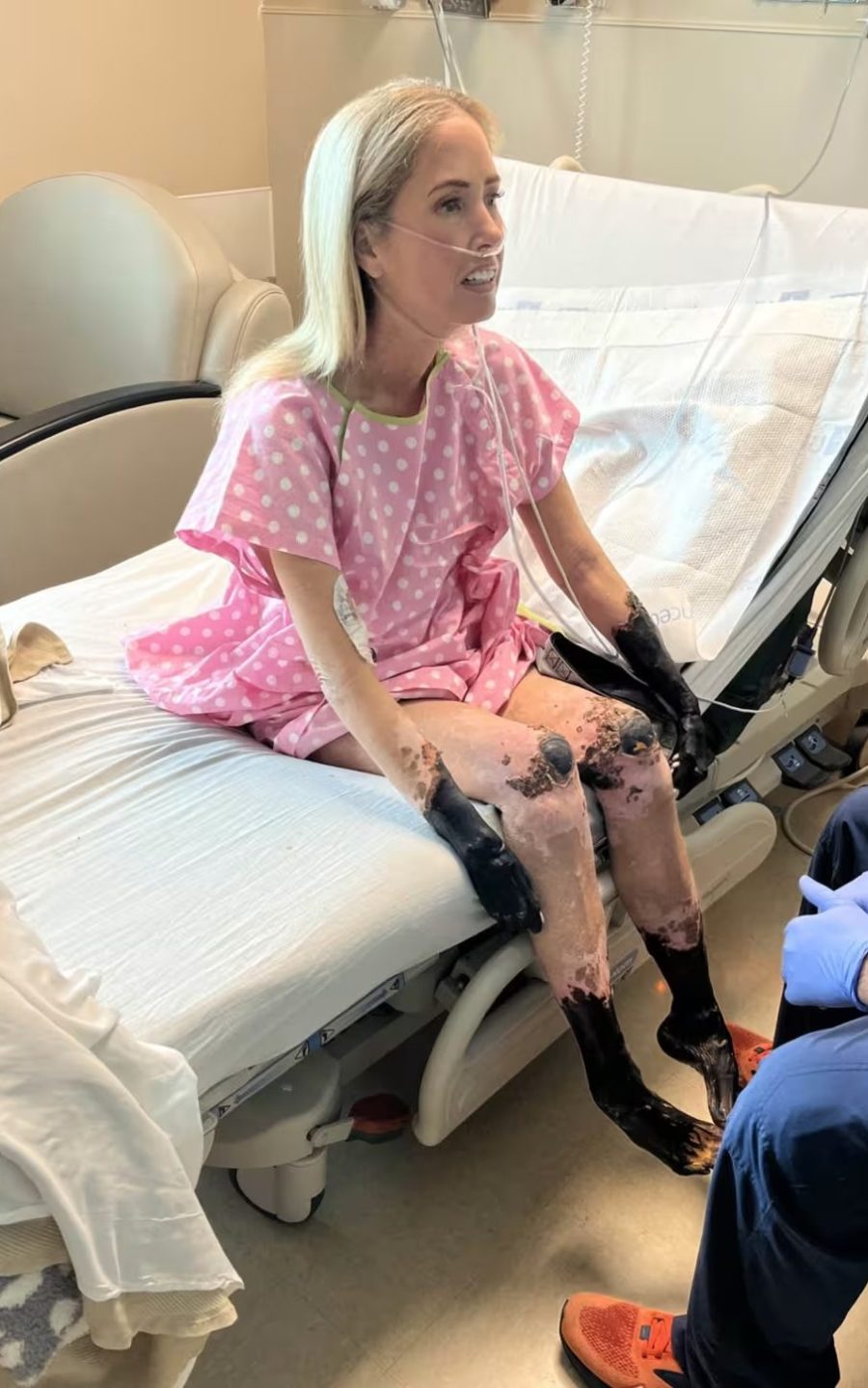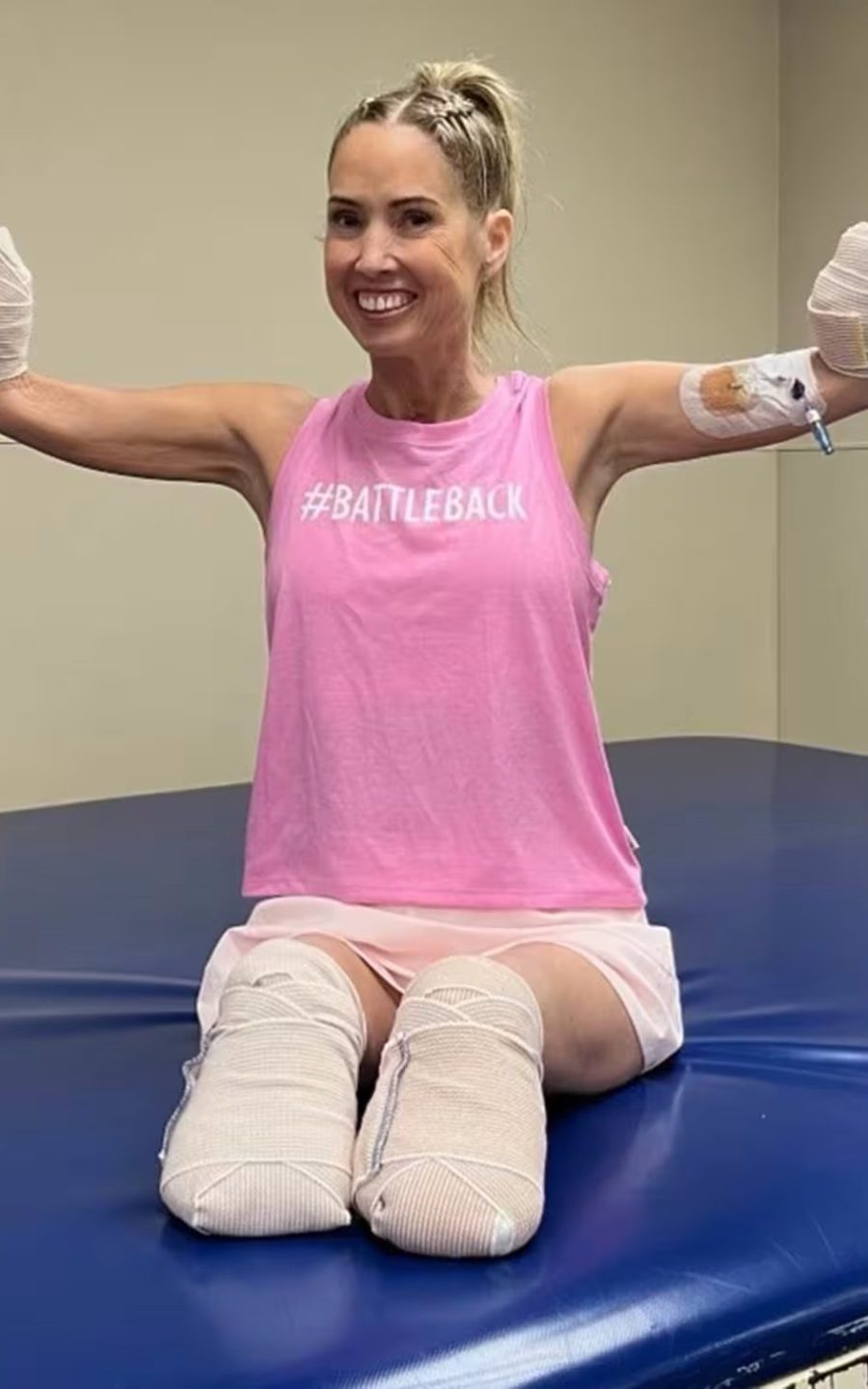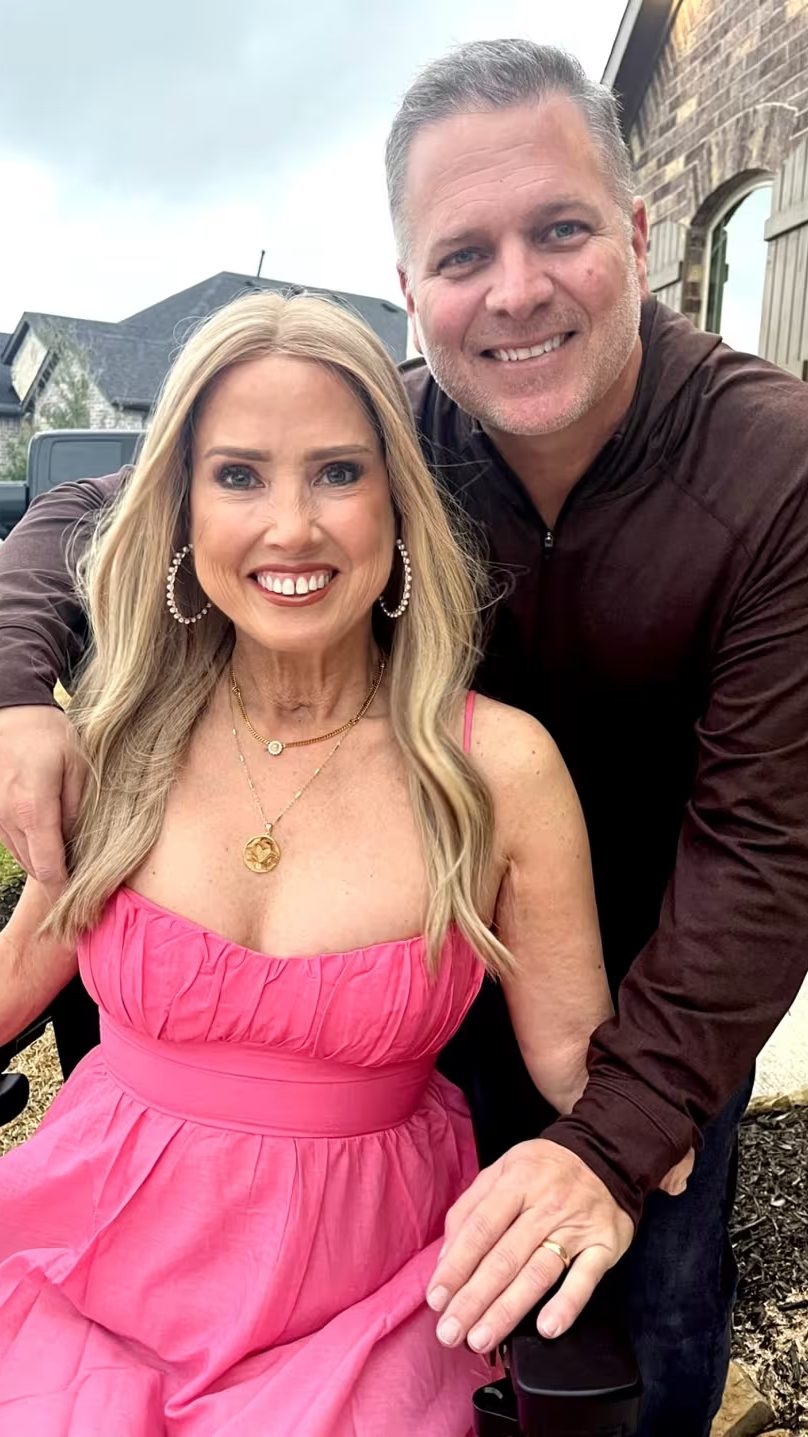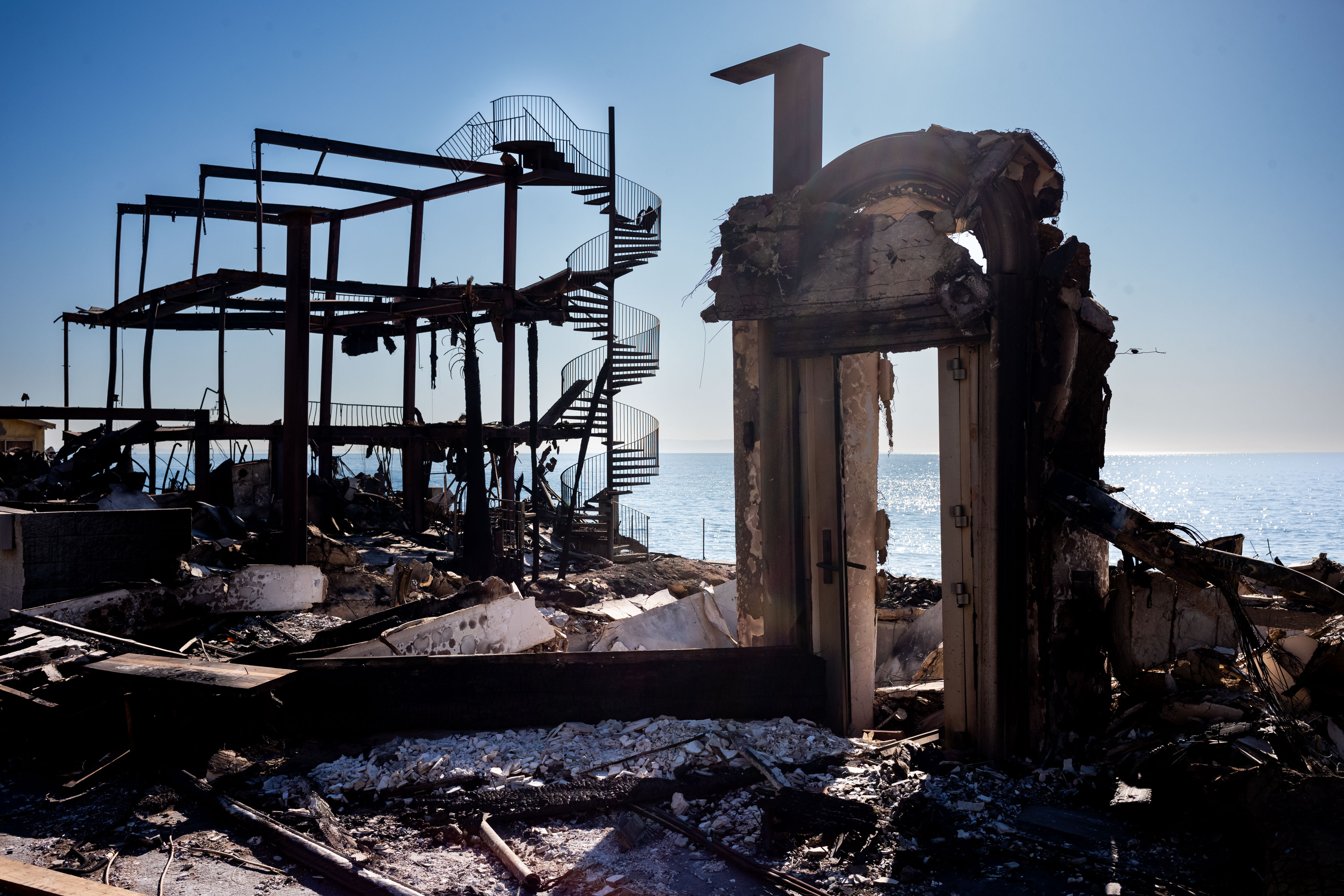
Sherri and David Moody were shocked by her out-of-the-blue, life-threatening health crisis. After her extremities turned black during her treatment, she had to have her limbs amputated.
As a veteran high school teacher, Sherri Moody is used to getting a cold about once a year. So when she started feeling sick on a field trip with her students, it wasn’t a big deal.
But within days, the flu-like symptoms turned frightening. Moody was lethargic and running a high fever. She was throwing up and having trouble breathing.
Finally, she woke up her husband in the middle of the night and said she needed to go to the hospital.
“I’ve never gone to the ER before in my life,” Moody, 51, who lives in suburban Houston, Texas, tells TODAY.com. “I was very healthy, very in shape. I ate right, exercised.”

Her husband, David, still remembers the “complete, utter shock” of what happened next. Doctors told him she had double pneumonia — an infection that affects both lungs — caused by Streptococcus bacteria.
That led to sepsis, the body’s life-threatening response to infection, and septic shock, a dangerous drop in blood pressure and the most severe stage of sepsis, according to the Sepsis Alliance.
U.S. & World
“I had to Google what sepsis was. I had no idea. We’re pretty healthy people,” David Moody, 53, tells TODAY.com.
“I recognized real quick that we were in a severe situation. I was scared to pieces.”
Feeling out of the loop? We'll catch you up on the Chicago news you need to know. Sign up for the weekly Chicago Catch-Up newsletter.
'The perfect storm'
Doctors don’t know if Sherri Moody got infected with strep during that field trip to an amusement park in April 2023 or if the timing was just a coincidence, the couple says.
Up to 87% of sepsis cases start from infections people contract at work, school or home, the Sepsis Alliance notes. Even a kidney stone can lead to sepsis.
Two days after she went to the ER, her kidneys and lungs began shutting down, a complication of septic shock, David Moody recalls.
Making things worse was medication Sherri Moody had been taking for rheumatoid arthritis before the emergency. The drug eases symptoms of the autoimmune disorder by suppressing the immune system, which can lower a person’s ability to fight infections.
Sherri Moody calls it “the perfect storm.”
“It was like a category 5 hurricane coming in,” David Moody adds. “She had nothing to fight with. It’s like she went to war with no soldiers.”
Doctors placed the teacher in a medically induced coma and she received powerful drugs in the intensive care unit, including vasopressors, which are used to combat dangerously low blood pressure, according to the Cleveland Clinic.
But when these medications pushed blood to her vital organs, it was at the expense of the circulation in her extremities. Within days, her limbs started changing colors, her husband recalls.
“I literally watched my wife’s feet and hands die,” David Moody says. “They were black and they were mummified.”

When Sherri Moody was eased out of her coma, he told her that doctors saved her life, but they wouldn’t be able to save her limbs. He cried, but she recalls feeling calm.
Her legs were amputated below the knee in June 2023 and her arms below the elbows the following month. She went home in August after spending four months in the hospital and a month in a rehabilitation facility.
'I just choose to be happy'
There have been many complications and follow-up surgeries that are delaying her ability to get prosthetics. A wound care nurse comes to the house three days a week, and there are constant doctor’s appointments.
For now, the teacher uses an electric wheelchair to get around. She uses a band on her arm to insert a fork so she can eat. She’s frustrated about losing her independence and not being able to do simple pleasures, like baking, but focuses on staying positive.

“I’m very mentally strong,” Sherri Moody says. “I just choose to be happy. … It’s not to say that I don’t have a breakdown every now and then and just cry a little bit. I don’t let it last long.”
“She is just amazing. I’ve had more struggles,” David Moody notes. “This is the most difficult thing that I’ve ever gone through in my life.”
Next up is a complex surgery that aims to repair lingering problems with gangrene on her kneecaps. If it doesn’t work, doctors will have to amputate her legs above the knees, which lowers her chances of being able to walk with prosthetics.
The couple is taking comfort in each other and the support of their community, which has rallied to help the family with fundraisers and updates on a Facebook page dedicated to Sherri Moody.

“Both of us together talk about our blessings. We talk about the things that are going right in our day, in our lives,” David Moody says.
“I’m a lot stronger than what I ever even thought I was,” Sherri Moody adds.
This story first appeared on TODAY.com. More from TODAY:



